A guide to how we assess risk for income protection

Nic Smit – Head of Product and Pricing at FMI (a Division of Bidvest Life Ltd)
In the first article in this series, we discussed how income protection benefits need to factor in the riskiness of your occupation, both in terms of how likely a client’s occupation is to cause them to become disabled and how sensitive their occupation is to injuries and illnesses. In this article, we look at occupation status and what it means for their income protection policy.
When we talk about occupation status, we are referring to how an individual is employed to do their occupation (not their actual occupation itself). More often than not, people would traditionally be self-employed or employed full-time. However, it is becoming increasingly common for people to work in what we call unorthodox work statuses. Some examples of this are:
- People who work as contract workers, either with one employer at a time or with multiple employers
- People who work as freelancers
- People who work as full-time employees as well as in a secondary occupation in the evenings and weekends (also known as a side hustle)
- People who work seasonally or who work for far less than 40 hours a week
Generally, the concern an insurer has with individuals who work in unorthodox work statuses is the possibility that they are not working consistently. This is a risk because the assumption underlying income protection benefits is that it replaces income that would have otherwise been lost due to disability. If someone works inconsistently:
- There may be periods where they are not working (and therefore not earning an income), where they are incentivised to claim.
- They might have to stop working because of a disability, but there is no work for them to perform when they have recovered, where they are incentivised to remain in claim for as long as possible.
Because occupational disability is not a purely objective medical claim criterion, how motivated a claimant is to return to work can have a significant impact on how long a claim is paid for. Claimants can delay the end of their claim payments by exaggerating symptoms, pressuring their doctor to book them off for longer than necessary or claiming for a more subjective disability (for example, psychological reasons).
However, these risks don’t change the fact that someone who works in an unorthodox work status has as much of a need to protect their income as everyone else. While the insurance industry does a decent job of providing income protection benefits to traditional occupation statuses, we are not as good at providing income protection benefits to everyone else, specifically because:
- There is a lack of clarity around the actual rules and terminology that applies when someone has an unorthodox work status, which leads to inconsistent underwriting decisions.
- A lack of product optionality, which means that the decision is either to accept on occupational disability or decline the entire case, with no option to accept moderate occupational status risks
- Rigid systems and processes which don’t allow applicants to capture the specifics of their occupation status for an underwriter to consider.
Given that the way we are working is changing, and that it’s becoming less common for people to work in traditional occupation statuses, the insurance industry needs to make changes to the way it treats unorthodox work statuses to remain relevant.
At FMI, we believe that everyone who earns an income should be able to protect that income against the risk of injury or illness. We are concerned that as the number of people who have an unorthodox work status grows, fewer people will be able to qualify for the current generation of income protection products. We are currently working on a solution for these occupation statuses in order to grow the number of South Africans who are able to purchase cover to protect their income.

MAKE YOUR IMPACT.
PROTECT THEIR
INCOME FIRST.
FSP 47801



